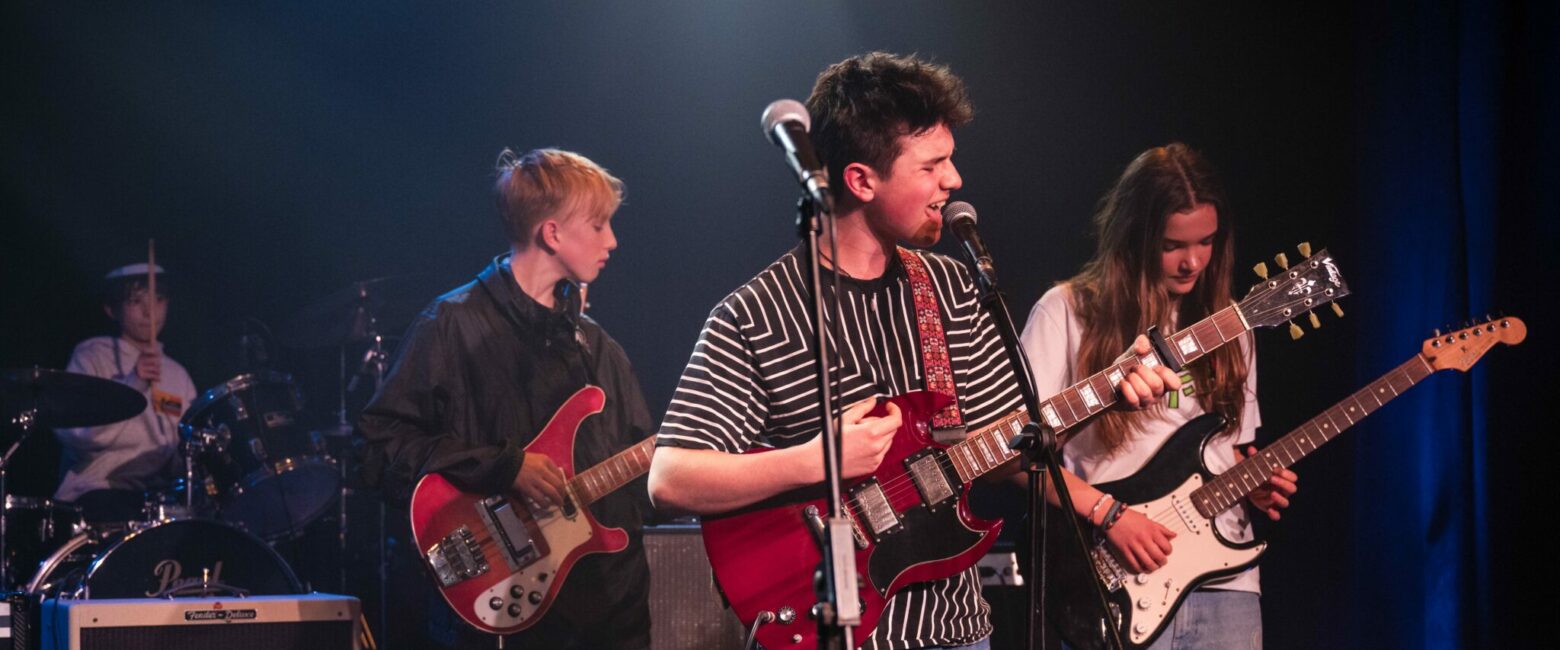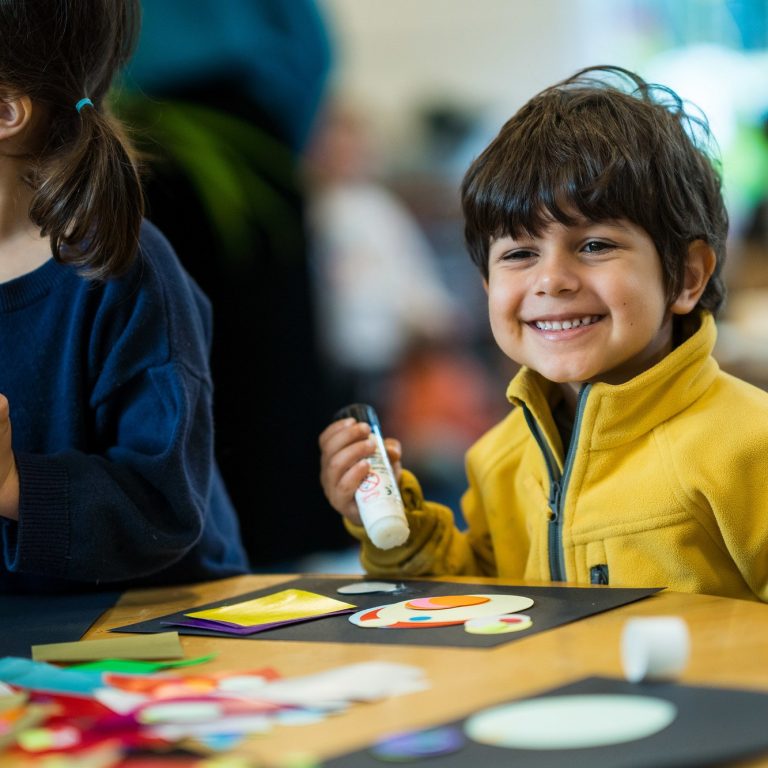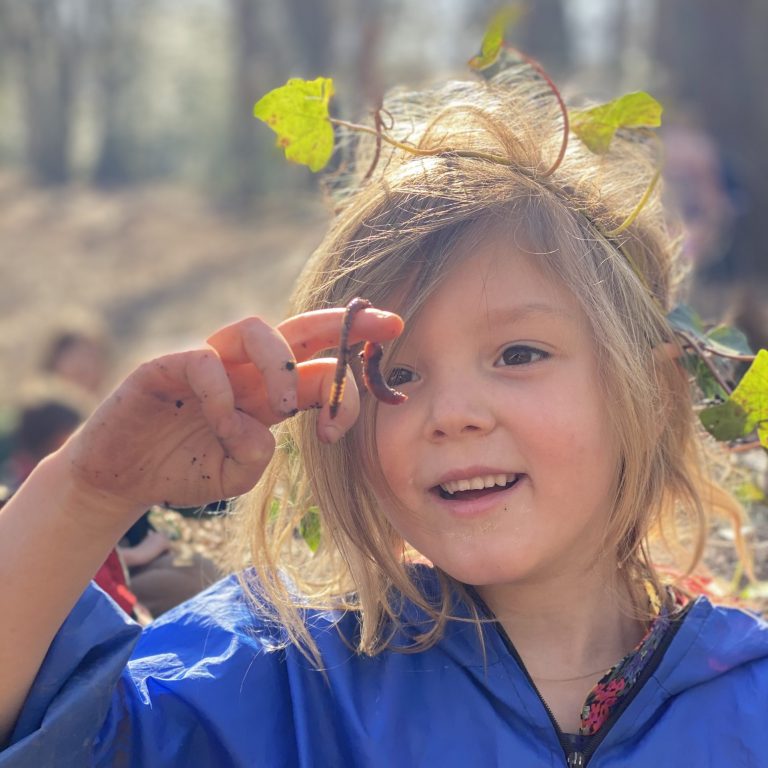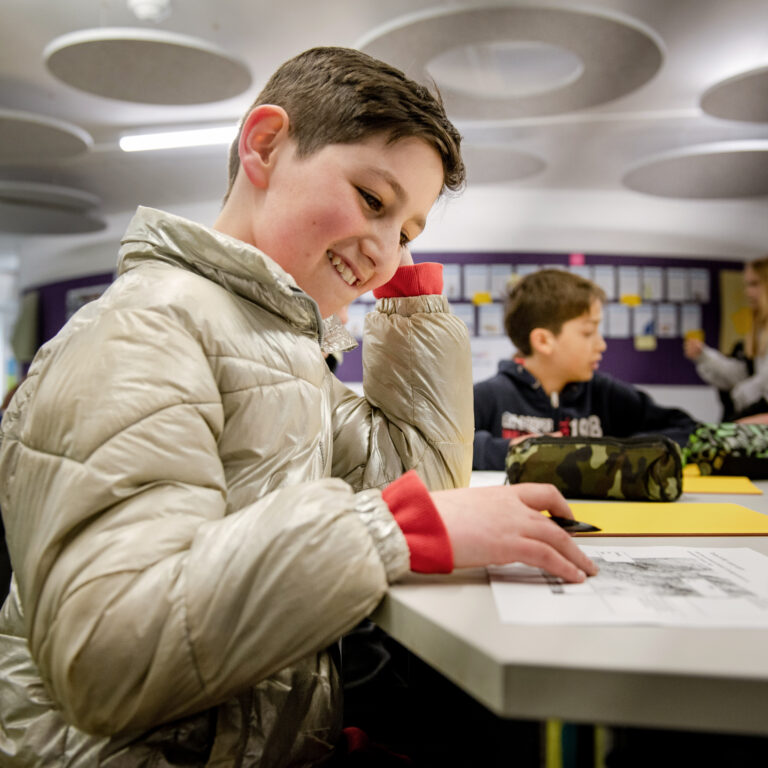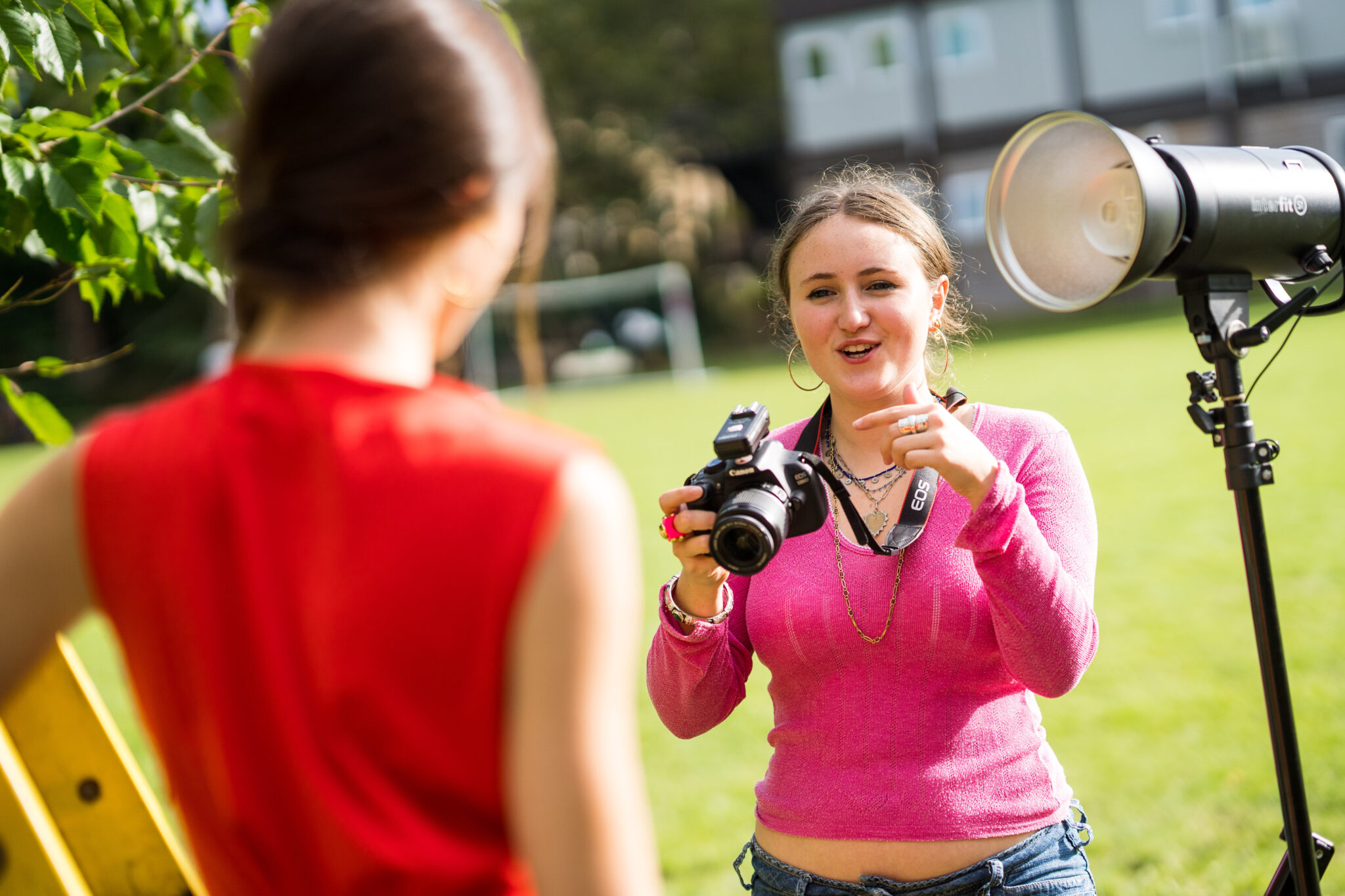KASS Annual Conference: Breaking the Mould
11th October 16
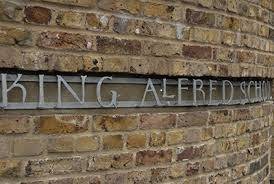
BREAKING THE MOULD
Progressive ideas in practice
A day of presentations and workshops on innovative thinking in education
Saturday 15 October 2016 from 10:00 to 16:00
Chaired by Robert Lobatto, Head of The King Alfred School
With speakers David Price, Carl Jarvis, Mark Moorhouse, Ian Morris, Michael McIntyre, and Sanum Khan
The King Alfred School Society presents a day of presentations and workshops on the theme of innovative thinking in education at our annual conference, Saturday 15 October.
Please join us to hear this exciting line up of speakers. Be sure to book your tickets soon, as we anticipate it will be a popular event.
Further information and tickets are available at: www.eventbrite.co.uk
Conference Program:
9:15am Registration and Continental Breakfast
10:00am-16:00pm Speakers and Workshops
Speakers:
David Price, OBE is a Senior Associate at the Innovation Unit, and has been dubbed a ‘learning futurist’. He has led internationally-adopted innovations in education, including Musical Futures and Learning Futures. He is also the author of the Amazon best-seller, OPEN: How We’ll Work, Live And Learn In The Future. His passion is helping learning organisations be prepared for a radically turbulent future, through speaking, consulting and training. He is a board member of the Canadian Education Association and of Vega Schools, in India.
Presentation: Future Schools: Why Innovation Isn’t An Optional Extra
How do we ensure that today’s students are best prepared for an unpredictable future? How do we respond to the demands of the increasingly entrepreneurial, globalised workforce they will be looking to enter? And how do we help form, and inform, tomorrow’s citizens so they can ensure that the planet itself still has a future? These questions are being debated daily in the world’s most innovative schools, and will be addressed in this talk, together with how great schools, and great companies, build open learning cultures, so that students can be tomorrow’s innovators.
Workshop: Improvement Science – How to get better at getting better
Improvement Science has had striking success in the healthcare, automotive, and aviation industries, but until very recently, has not been practiced in education. This workshop will engage participants in Improvement Science’s key elements and work on some thorny problems together.
Carl Jarvis, CEO of EOS Education and Executive Head of Hartsholme Academy, Lincoln. Eos Education is an alliance of schools nationally and internationally designing innovative pedagogy to help improve educational outcomes for all young people, ensuring they are ready for the modern world, specialising in ‘Immersive and Interdependence Methodology’. Carl took Hartsholme Academy from ‘special measures’ to ‘beyond outstanding’ in two years to winning ‘Innovation School of the Year’ in 2013. Carl coaches and supports headteachers and senior leaders in his role as a National Leader of Education.
Presentation: Creating Curiosity to Improve Outcomes
The world has rapidly developed over the past few decades whilst the world of education has stood still. Carl will examine the effect of not changing with the times has on our students’ outcomes. He will use evidence based research to challenge our thinking about the way we approach teaching and learning in the classroom and ask whether or not the phrase ‘We’ve always done it this way’ is good enough anymore.
Workshop: Rethinking the way we work with our students
Carl will look at the ways in which industry is changing and challenging its approach to motivating their employees to maximise outcomes and ask whether education can learn from their findings.
Mark Moorhouse, Headteacher of Matthew Moss High School, Rochdale. A trustee of the Slow Education organisation, Mark’s particular expertise is in applying Transactional Analysis theory and the insights of American statistician Dr W Edwards Deming to schooling. He is currently working with Giles Barrow on Original Teaching, a self-development framework for educators.
Presentation: Who Owns Your School? How Learning Commons practices can increase engagement and outcomes
No-one washes a hire car. Why would they? It is no surprise then that working to increase the sense of communal ownership within a school maximises the care that everyone has for the institution and their work within it. This presentation will identify the mechanisms by which such a shift can be enacted.
Workshop: Transactional Analysis. How our use of words can boost learning and organisational efficiency
Imagine the number of interactions in your school every day: to increase the quality of even 10% of these conversations will create a significant improvement in efficiency. This workshop will share some of the structures of Transactional Analysis theory and demonstrate how they can sustain an effective, productive and harmonious school community.
Ian Morris, Head of Well-being at Wellington College. Ian introduced the well-being curriculum at Wellington in 2006 and has since written 2 editions of ‘Teaching Happiness and Well-being in Schools’ (Bloomsbury) and has co-authored a book on character education in primary schools. Ian also teaches Philosophy and Religion at Wellington, where he lives with his wife and two young children.
Presentation: What’s the point of school?
In an era of raising standards, measurable outcomes and testing, are we in danger of forgetting to think about philosophy of education? This presentation puts forward one suggestion for how a philosophy of education can make sense of why we educate.
Workshop: Teaching Well-being
This workshop gives a short introduction to how well-being is taught at Wellington College.
Michael McIntyre, Senior Programme Co-ordinator for Facing History and Ourselves in its London office. Facing History is an international professional development organisation dedicated to training teachers to use inspiring content and innovative pedagogy to help their students to fight racism, antisemitism and prejudice and to become more compassionate global citizens.
Sanum Khan, Head of RE at the Royal Grammar School in High Wycombe. Her teaching and learning largely focuses on developing independent thinkers prepared to engage critically with the ever-changing world around them. As a result, she regularly practices facing history pedagogy in the classroom.
Presentation : How a Facing History and Ourselves approach to learning can help prevent violence, support a peaceful school and lead to better educational standards
Michael and Sanum will discuss the methodology and research findings that show the effectiveness and potency of the Facing History and Ourselves’ approach to humanities education. Is it really possible to raise academic standards in humanities education and enable students to explore and develop their wider contribution to society? This presentation will give an overview of how facing History works to do this, before exploring some key resources and pedagogy in the workshop.
Workshop: How to teach about identity and moral and ethical decision making in the classroom
In this workshop Michael and Sanum will explore some Facing History resources to open up universal questions about identity and belonging. Using Facing History’s innovative pedagogical approach, participants will be encouraged to make essential connections between the resources and their own lives. In this way they hope to begin conversations about the prejudices that can accompany issues of identity and belonging, and to consider the tools students need to help them create a more civil society.
Further Details and Registration:


